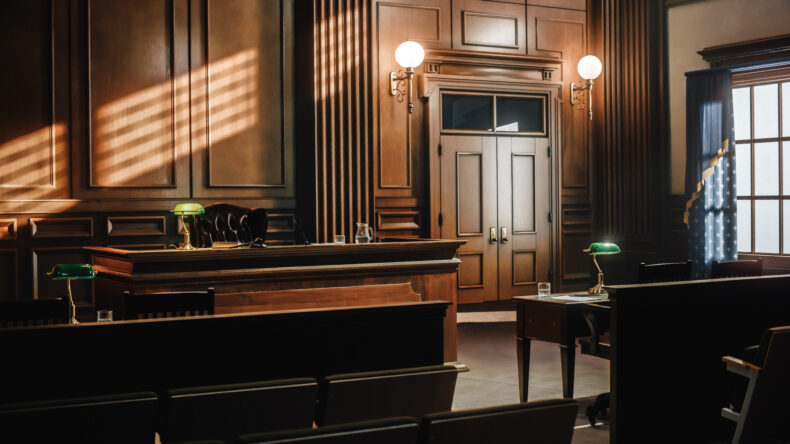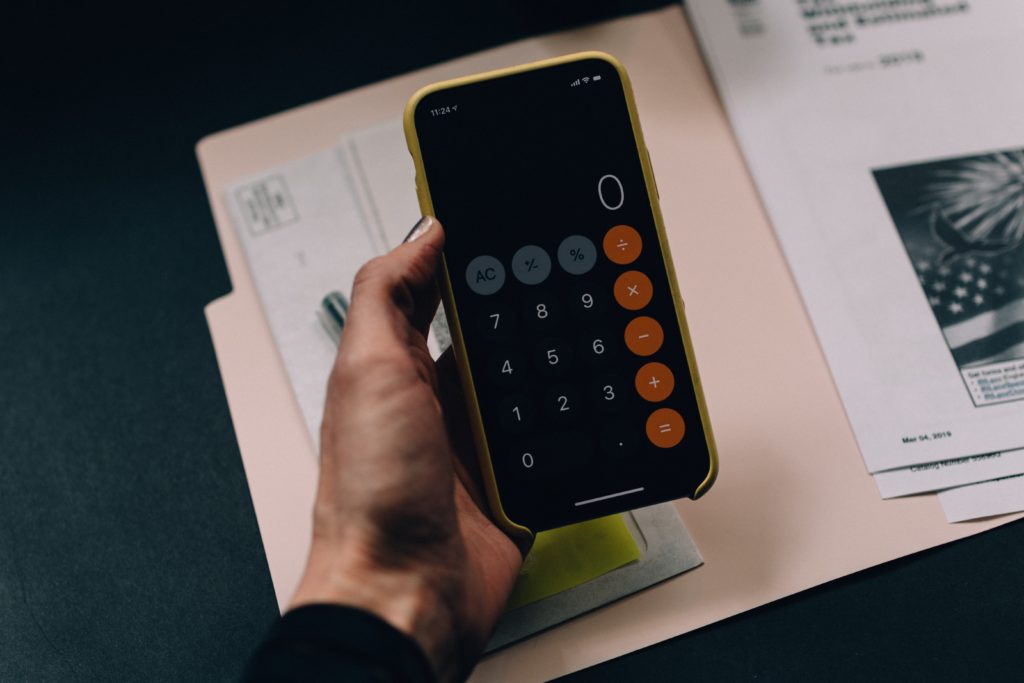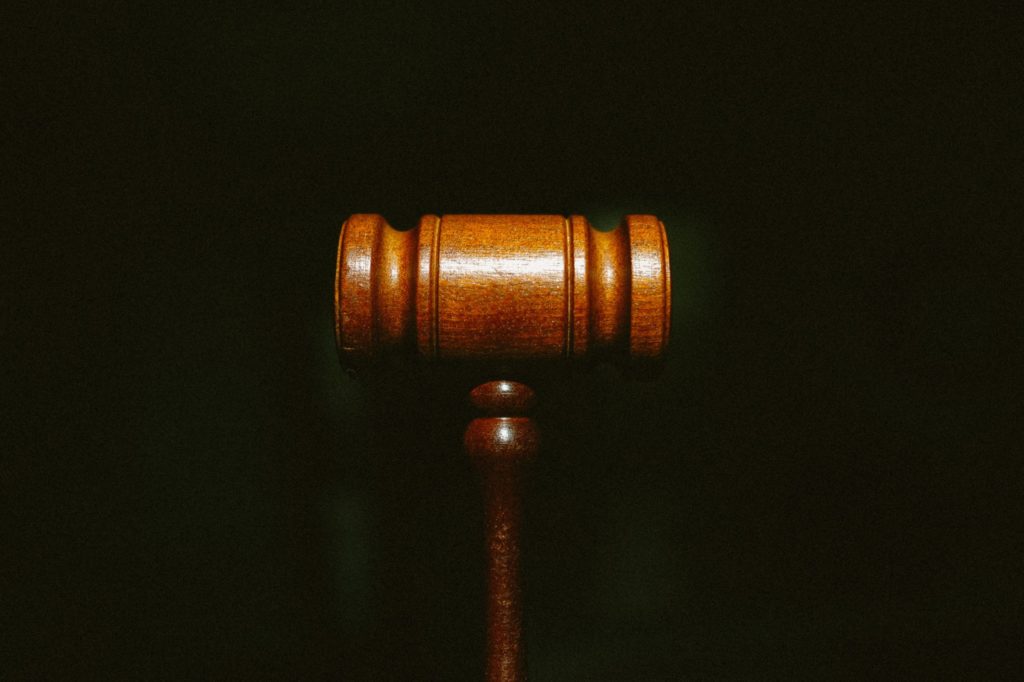Personal Injury Cases
In 2020 alone, 55.4 million injuries occurred in the US. These injuries amounted to 1,158 billion in costs to injured victims. When these injuries are caused by another person or entity, the injured deserve to be compensated. A negligent party rarely compensates an injured party willingly, which is why lawsuits are filed. However, going to trial doesn’t always happen. About what percentage of personal injury cases go to trial? Learn more here.
The Percentage of Cases That Go to Trial
Around 5% of cases involving personal injuries make it to trial. That means upwards of 95% of personal injury cases get resolved in some other manner. This mimics the same statistics for criminal trials, representing a current trend away from trials.
The trend toward a lower percentage of cases going to trial is driven primarily by the attorneys representing the plaintiff and defendant. The reasoning is based on the following factors.
Trials Typically Favor the Plaintiff
Personal injury cases fall under the umbrella of tort law. Recent statistics indicate the plaintiff should choose the judge to decide tort cases. 66% of plaintiffs prevail in a bench trial, and 53% of plaintiffs prevail in jury trials.
The Type of Case Matters
Not all personal injury cases have the same outcome. If you go to trial for an auto accident claim, the statistics may favor you, depending on the evidence and the experience of the car accident lawyer representing you. However, statistics show that type of case can pose an unfavorable outcome for the plaintiff.
Trials Are Unpredictable
Trials may favor the plaintiff, but not overwhelmingly. The risk of coming away with nothing remains greater than if you settle the case.
Trials involve many variables that your accident attorney cannot control. The judge and jury differ for each case. Therefore, each trial is essentially unpredictable, and your case could get assigned to a judge or jury who does not sympathize with your complaint.
Financial Compensation May Be Less Than Expected
A settlement may not constitute a compromise where you must accept less than your case is worth. A judge or jury may not agree with the amount you seek, and reduce it. The defendant could put up a much more rigorous defense than expected, with the same result.
Sometimes, the compensation awarded during trial is less than the initial settlement offer made by the defense, pre-trial. So, it may be a gamble not settling and taking the personal injury case to court.
Time and Resources
By going to trial you give up a great deal more of your time. The number of steps involved during court proceedings is much greater than those in a settlement. Additionally, the court system is heavily trafficked. Therefore, an assigned trial date may not be determined till far out in the future. In addition, a verdict could take months or even years to conclude.
Pros and Cons of Settling
If you go to trial, your suit will incur legal fees far above what your case would incur from settling. This will reduce the final award amount that you get to keep from the lawsuit.
Consider that if you win at trial, the process may still not be over. In fact, the defendant could appeal. This could add months or years to the time you wait for a payout, and you could lose on appeal.
Settlement attempts can fail. The defendant may not be willing to pay fair compensation in your case. In car accidents especially, a defendant may not have adequate insurance coverage. In these instances, you may need to proceed to a trial in hopes of gaining an award of fair compensation.
What Happens Before a Trial
When settlement isn’t an option, a trial becomes imminent. Then, your accident attorney will file a complaint with the court. This could result in the defendant taking your matter more seriously. The defendant could then come back to the settlement table. This becomes more likely if your accident attorney is well-regarded.
Discovery Process
If a settlement is not agreed upon, then “discovery” will be the next phase. This is when your personal injury lawyer will ask for evidence and data from the defendant. The defendant will seek the same.
One of the most common forms of discovery is depositions. Your accident attorney will depose witnesses and other pertinent parties. The defendant’s attorney will do the same.
Subpoena
Another type of discovery is the subpoena. These get used to gather documents, physical examinations, and other evidence. Subpoenas help attorneys gather evidence that would be difficult or impossible to get otherwise.
Pre-Trial Conference
In many states, a judge will ask the attorneys for both sides of a complaint to show up for a PTC. The plaintiff and defendant do not attend the PTC.
The judge reviews the evidence from both sides and uses that information to make certain decisions. Then, the judge will determine if mediation or arbitration applies in your particular case. This can be the case if the demand is under a certain dollar amount.
A judge at a PTC will often encourage both sides to work harder to seek a settlement instead of a trial. Once these steps conclude, and no settlement seems forthcoming, the trial will begin.
What Happens at a Trial
First, A trial date gets added to the court calendar. When you appear in court on your assigned date, expect the following:
- You decide between having a judge decide the verdict or a jury trial
- If you chose a jury, then a jury gets empaneled
- Opening statements are presented before the court by both sides
- Testimony is given by all pertinent parties
- Closing arguments by both sides
- The jury or judge deliberates on the facts presented
- A verdict is reached and presented to the court
This should result in a final payout on your lawsuit. But should you lose—in a civil trial—you can appeal the case to a higher court.
Make Your Decision Carefully
It isn’t only a question about what percentage of personal injury cases go to trial. It’s also a question of what happens if yours does. In order to protect your rights and improve your case’s success, consult with the top personal injury lawyers in Southern California. Call The Law Offices of Daniel Kim to schedule a free consultation.



